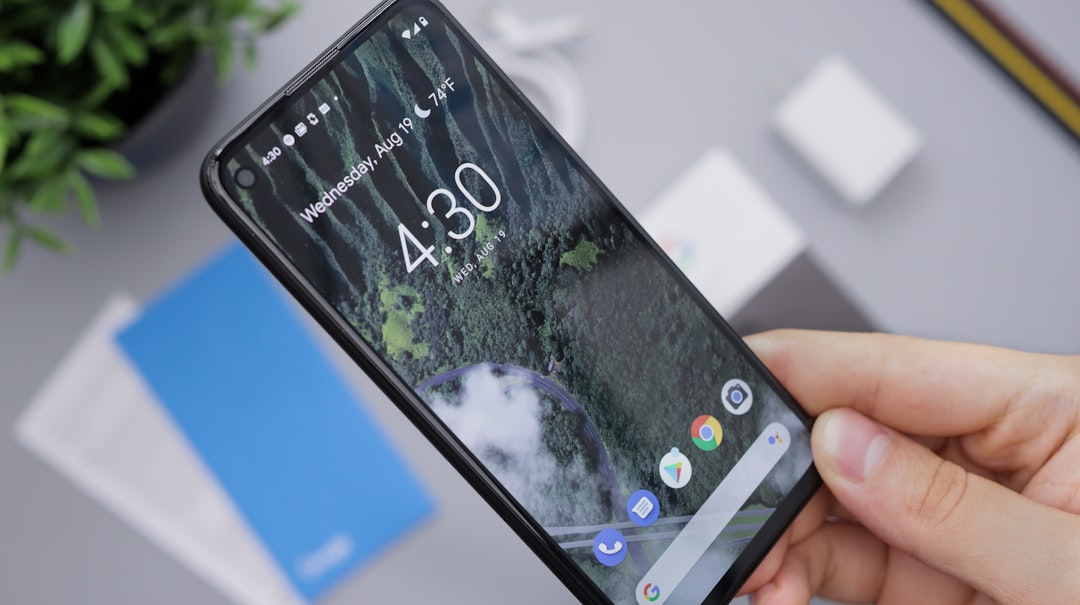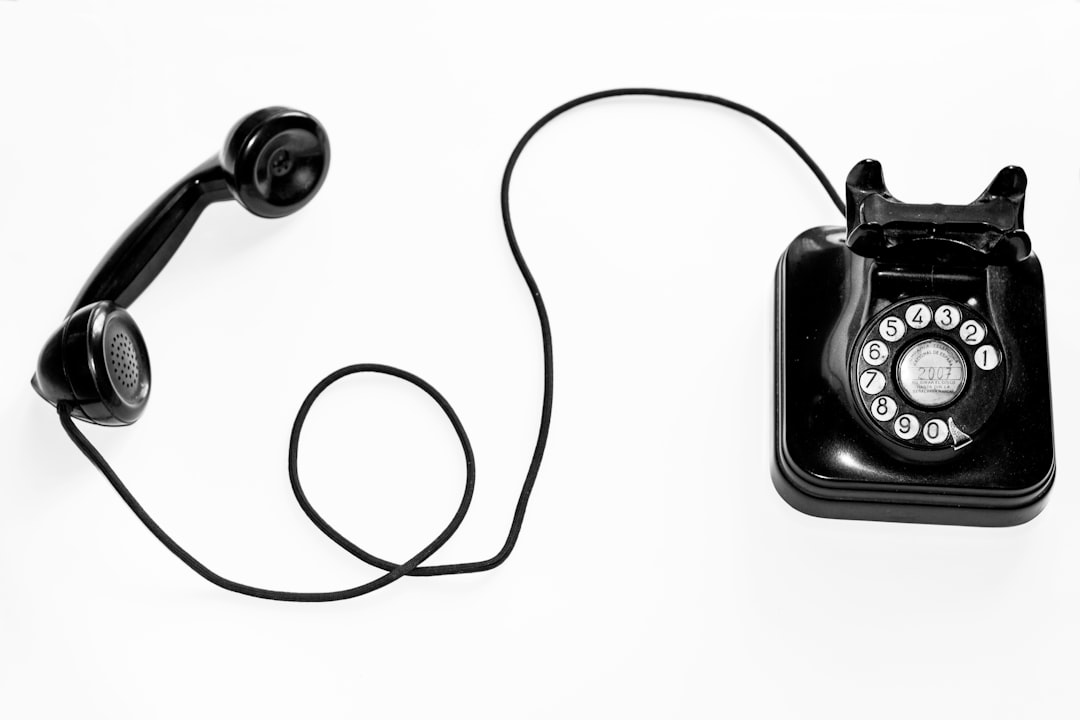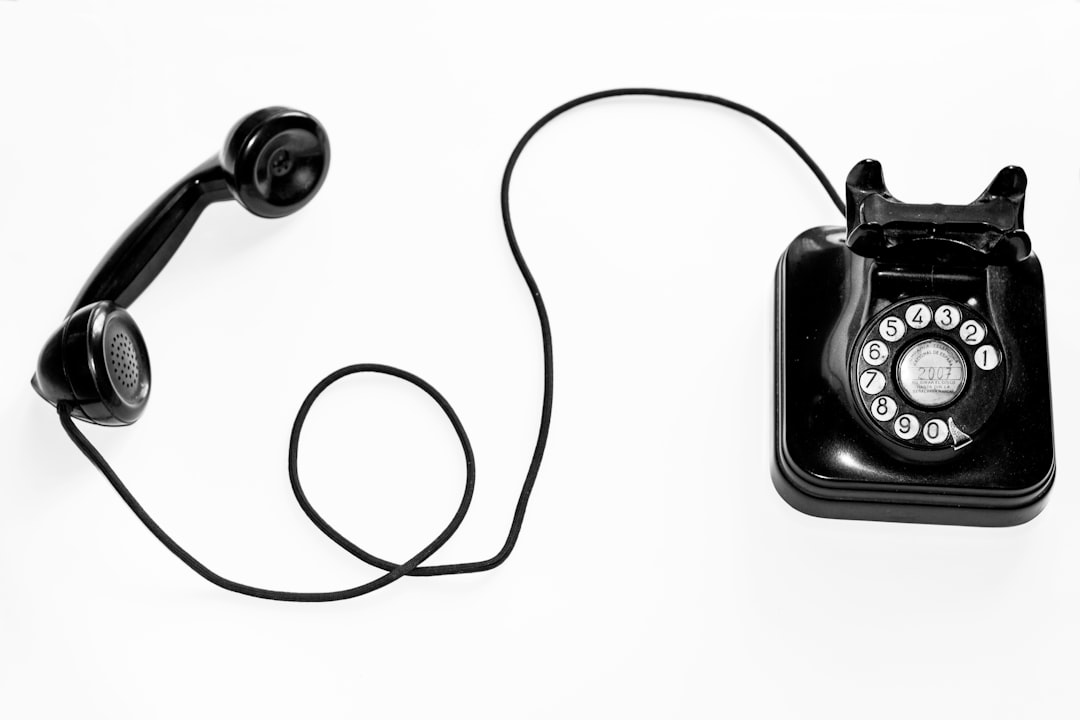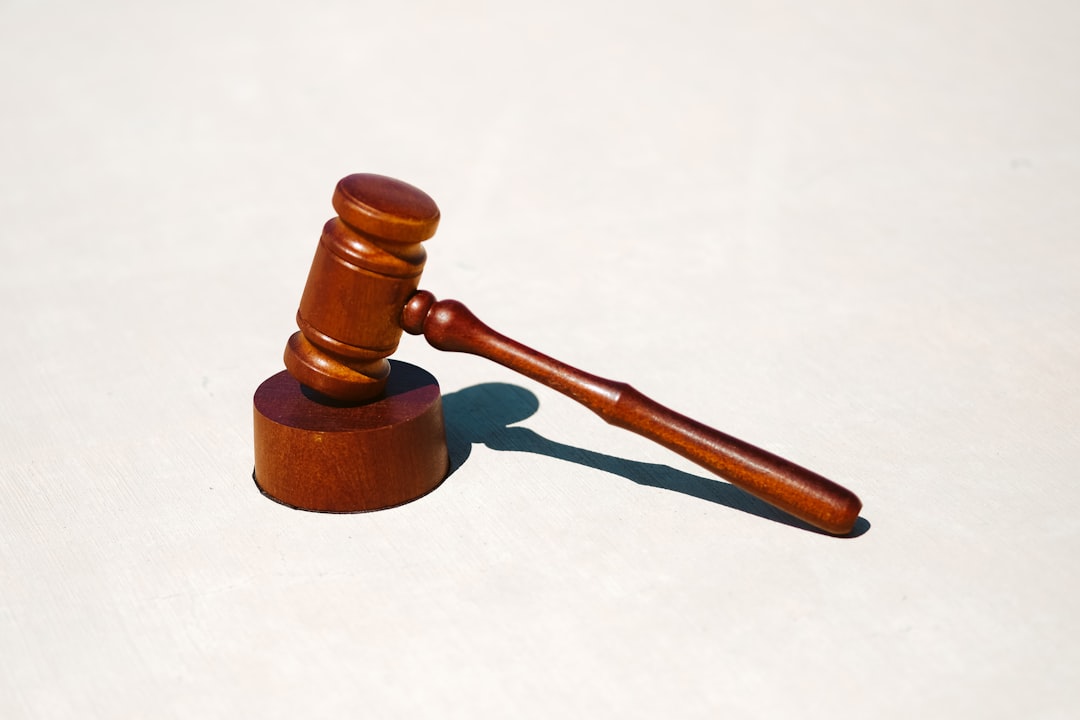In the digital age, robocalls have become a nuisance, but the Telephone Consumer Protection Act (TCPA) in Michigan restricts them without prior consent. If you've received unsolicited calls, like those promoting events like Harrison's Twenty Lakes Festival, you may take legal action with the help of a specialized spam call law firm or lawyer. These experts can determine TCPA violations and guide you through suing for robocalls in Michigan, aiming to hold perpetrators accountable and restore peace of mind. Know your rights and connect with reputable professionals to assess potential compensation.
“The vibrant Harrison’s Twenty Lakes Festival, a bustling celebration of water recreation in Michigan, has inadvertently drawn attention to a modern pest: robocalls. This article explores the intersection of fun and frustration as festival-goers grapple with unwanted spam calls. We delve into Michigan’s Telephone Consumer Protection Act (TCPA) laws, including ‘Can I sue for robocalls in Michigan?’, and provide insights on legal rights and top spam call law firms ready to assist. Understanding these protections is crucial, especially when navigating the state’s spam call laws.”
Understanding Robocalls and the TCPA in Michigan

Robocalls have become a ubiquitous nuisance in our digital age, with automated messages inundating our phones and infringing upon our personal time and privacy. In Michigan, as in many states, these unwanted calls are regulated by the Telephone Consumer Protection Act (TCPA). The TCPA prohibits certain forms of automated or prerecorded calls to cellular telephone numbers without the prior express consent of the called party.
If you’ve received robocalls promoting products or services despite not giving permission, you may have grounds to take legal action. Michigan consumers who believe they’ve been victimized by spam calls can seek redress through a Spam Call Law Firm or Spam Call Lawyers specializing in TCPA litigation. These legal experts can help determine if a violation occurred and guide you through the process of potentially suing for robocalls in Michigan, aiming to hold perpetrators accountable and reclaim your peace of mind.
The Impact of Harrison's Twenty Lakes Festival on Water Recreation

The Harrison’s Twenty Lakes Festival, a vibrant celebration of water recreation in Michigan, has inadvertently brought to light an increasingly prevalent issue—robocalls. This annual event, known for its bustling atmosphere and diverse activities, has inspired a movement against unwanted spam calls. Many festival-goers and local residents have expressed frustration over the constant influx of automated phone calls, often disguised as marketing or sales pitches, which disrupt their peace and enjoyment of the great outdoors.
The festival’s impact extends beyond personal annoyance; it has sparked a collective action to combat this modern nuisance. With a growing awareness about the effects of robocalls on mental health and daily life, attendees have been encouraging each other to take legal action against persistent spam call law firms. By organizing and sharing experiences, they aim to make Michigan’s water recreation scenes less cluttered with automated messages and more enjoyable for everyone. This grassroots movement is a testament to the power of community in addressing modern-day challenges, such as the ever-evolving landscape of spam call laws, including the TCPA (Telecommunications Consumer Protection Act).
Legal Rights for Residents Facing Unwanted Spam Calls

Residents of Michigan who are facing unwanted spam calls, including those related to water recreation events like the Twenty Lakes Festival, have legal rights protected by state and federal laws. The Telephone Consumer Protection Act (TCPA) prohibits automated or prerecorded telephone calls to cellular phone numbers unless the caller has obtained prior express consent from the recipient. This includes robocalls for marketing purposes, such as those promoting festival tickets or recreational activities.
If you have received spam calls and are interested in taking legal action, it’s advisable to consult with a reputable spam call law firm or lawyer for TCPA Michigan. These professionals can help determine if the calls violate your rights and guide you through potential courses of action, such as filing a complaint with the Federal Trade Commission (FTC) or seeking damages through litigation. There are significant penalties for violators, which can include substantial financial awards for each violation.
Navigating Michigan's Spam Call Laws: Who Can Sue?
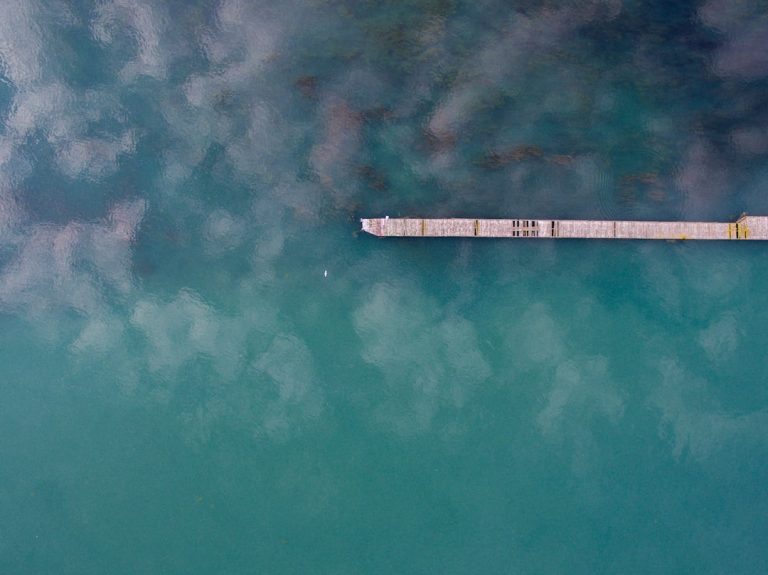
In Michigan, navigating spam call laws can be complex, especially when it comes to protecting against robocalls. The Telephone Consumer Protection Act (TCPA) is a federal law designed to curb excessive or unwanted phone calls, including automated messages. If you’ve received robocalls promoting events like the Harrison’s Twenty Lakes Festival or any other similar activities, you might wonder if you have legal recourse.
In Michigan, individuals can certainly take action against companies or organizations that violate the TCPA by making unsolicited calls. A spam call law firm or lawyer specializing in TCPA cases can guide you on whether you have a valid claim and help you understand who can sue for robocalls in Michigan. These legal professionals are equipped to represent your interests and ensure you receive compensation if your rights under the spam call law have been infringed upon.
Finding Legal Representation: Top Spam Call Law Firms in Michigan
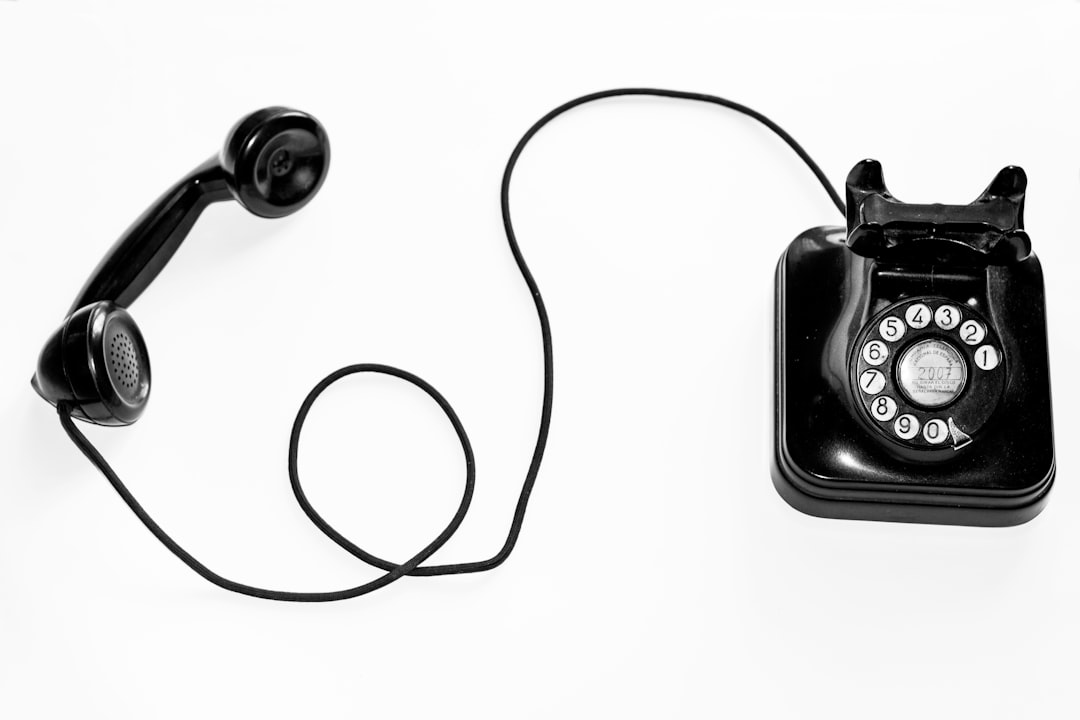
If you’re frustrated by relentless robocalls promoting timeshare resales or other scams, know that there are legal avenues to take action. In Michigan, several law firms specialize in handling spam call cases, backed by expertise in the Telephone Consumer Protection Act (TCPA). This federal law prohibits automated calls without prior consent, providing a solid foundation for legal action against persistent robocallers.
When considering whether to sue for robocalls in Michigan, connect with reputable spam call law firms like those listed on various legal directories or recommended by consumer advocacy groups. These lawyers are well-versed in navigating the complexities of TCPA litigation and can help determine if a case is viable. Don’t hesitate to consult with a lawyer who can explain your rights and potential compensation for these intrusive and often illegal calls.


